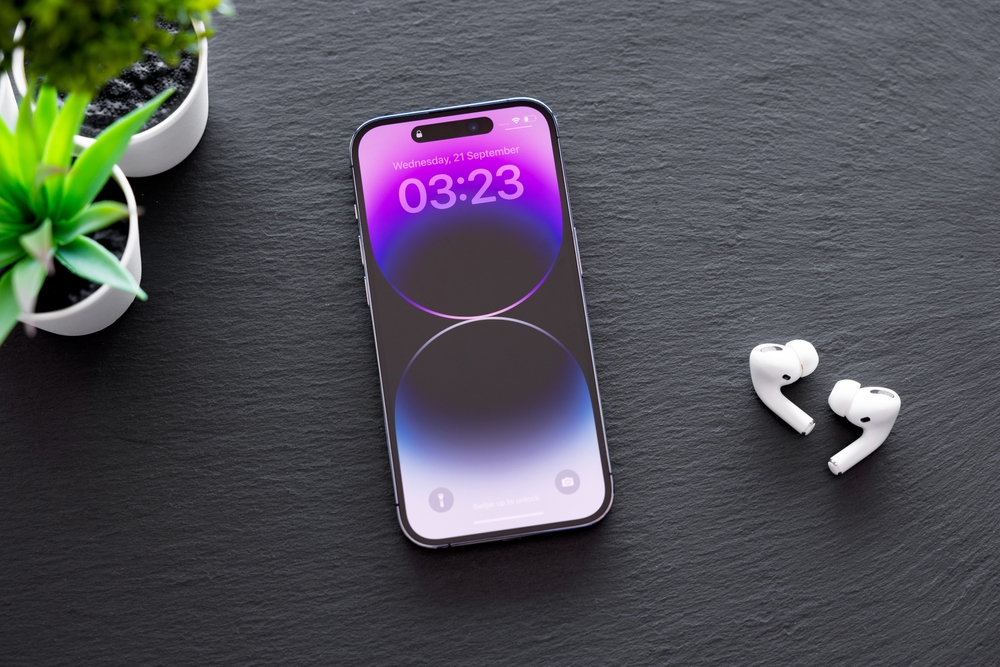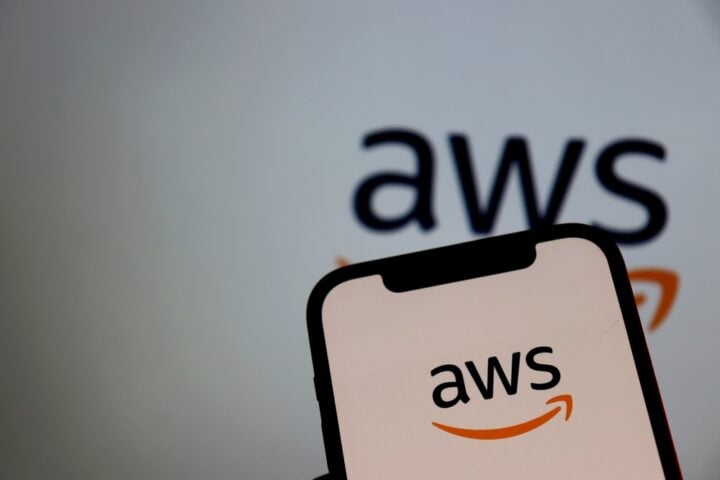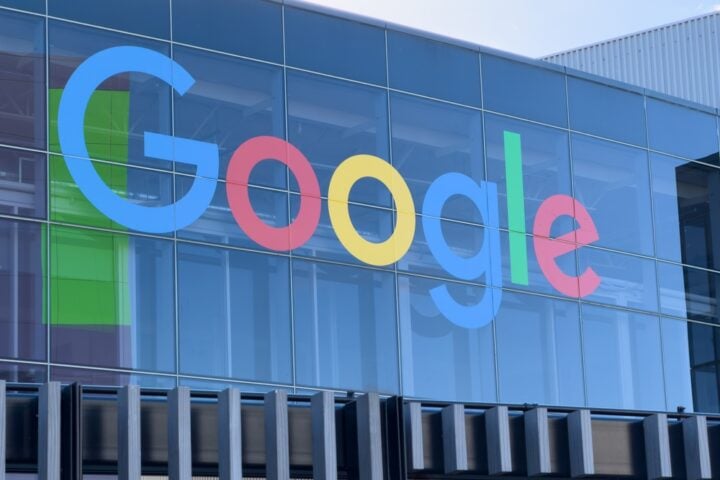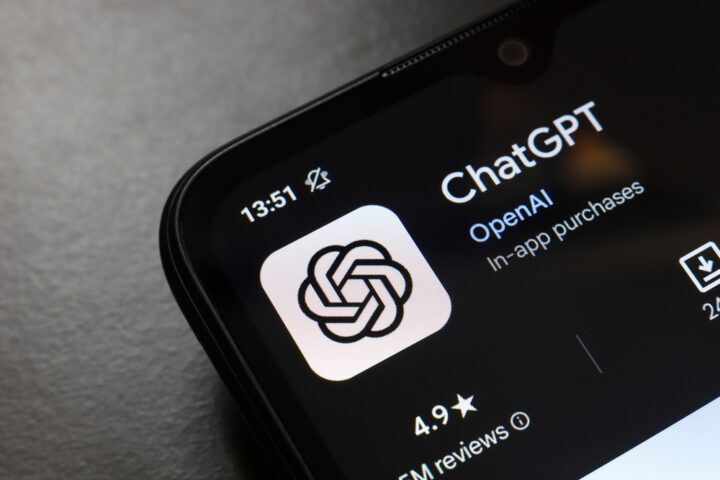At Apple’s recent iPhone event, the spotlight was not on sleek new phones or cutting-edge cameras—it was on health. With significant updates to the AirPods Pro 2 and Apple Watch, Apple is solidifying its position as a leader in personal health technology. The latest innovations include hearing health enhancements for the AirPods and sleep apnea tracking on the Apple Watch, signaling a shift toward making health monitoring more accessible for everyday consumers.
Revolutionizing Hearing Health with AirPods Pro 2
One of the standout announcements from Apple’s event was the addition of hearing health features to the AirPods Pro 2. With the ability to conduct hearing tests, create personalized hearing profiles, and function as an over-the-counter hearing aid, Apple is transforming how people approach hearing care. According to Terry Zwolan, an audiologist and director of audiology access at Cochlear Americas, these advancements could drastically improve early detection of hearing issues. “One of the downsides of hearing loss is it’s not visible, and you can’t really tell that it’s happening to you,” Zwolan explained.
Shortly after the event, the U.S. Food and Drug Administration (FDA) approved the “Hearing Aid Feature” for the AirPods Pro 2, marking the first time compatible headphones can be used as over-the-counter hearing aids. Zwolan noted that this can be a game-changer for people who may not realize they are losing their hearing. “If the process can be made simple and is something consumers can do on their own, it’s a net positive,” she added.
Andy Miller, senior vice president of innovation at AARP AgeTech Collaborative, believes this move could spark broader improvements in the hearing industry. “There’s not a tremendous amount of innovation in this space,” Miller said, adding that annual self-checks for hearing could become a new norm for consumers.
Zwolan also highlighted how this technology could bridge the gap between users and healthcare providers. “You can take an audiogram from a hearing healthcare professional and load it into your iPhone, or you can take your self-test and send it to your medical record,” she said. This integration allows for a seamless connection between personal tech and professional medical care, empowering consumers to manage their hearing health more proactively.
Apple Watch Expands Its Health Focus with Sleep Apnea Tracking
Apple’s push into health technology continues with a new sleep apnea tracking feature for the Apple Watch. Sleep apnea, a condition that causes interrupted breathing during sleep, can have serious health consequences if left untreated. By enabling users to track potential sleep apnea symptoms, Apple is helping consumers take the first steps toward diagnosis and treatment.
“Sleep is so important,” said Andy Miller, who sees this development as a win for overall health. While sleep apnea tracking isn’t a brand-new concept, the Apple Watch’s ability to combine sleep data with other health metrics like heart rate offers users a more comprehensive understanding of their well-being. Miller envisions a future where these devices not only track physical health but also provide insights into a person’s social and emotional health.
A Holistic View of Health with Personal Technology
Miller emphasized the importance of taking a holistic approach to health, noting that personal technology should go beyond tracking basic metrics like heart rate or sleep. “When you think about your health, it’s not just about tracking your heartbeat or your sleep,” he said. “Yes, that’s important. But what’s even more important is tying in social engagement to that.”
The U.S. Surgeon General has reported that social isolation can have a devastating impact on health, comparable to smoking 15 cigarettes a day. Loneliness has been linked to a range of health issues, including depression, dementia, and heart disease. Miller believes that technology should help users combat social isolation, integrating both physical and social health for a more complete wellness experience.
Expanding Accessibility and Empowering Consumers
For Zwolan, Apple’s new hearing health features represent a leap forward in expanding access to care. “The big advantage of the self-test is improving access and giving everybody a way to know about their hearing loss if they have one,” she explained. However, she emphasized that identifying an issue is just the first step—users must also seek professional help to address it.
Miller echoed this sentiment, arguing that making health tech more accessible can empower people to take charge of their well-being. “Anything you can do to help folks embrace the technology they need to live their best lives is what we should be doing,” he said. By integrating health features into products that consumers already use daily, companies like Apple are making it easier for people to monitor their health and make proactive decisions.
The Future of Personal Gadgets: More Than Just Connectivity
Apple’s health-focused updates to the AirPods Pro 2 and Apple Watch signal a broader trend in the tech world—one that prioritizes wellness over mere connectivity. With features that make hearing tests and sleep apnea tracking accessible to the average consumer, Apple is leading the charge in transforming personal devices into powerful health tools. As these technologies continue to evolve, they will play an increasingly central role in helping people live healthier, more connected lives.







